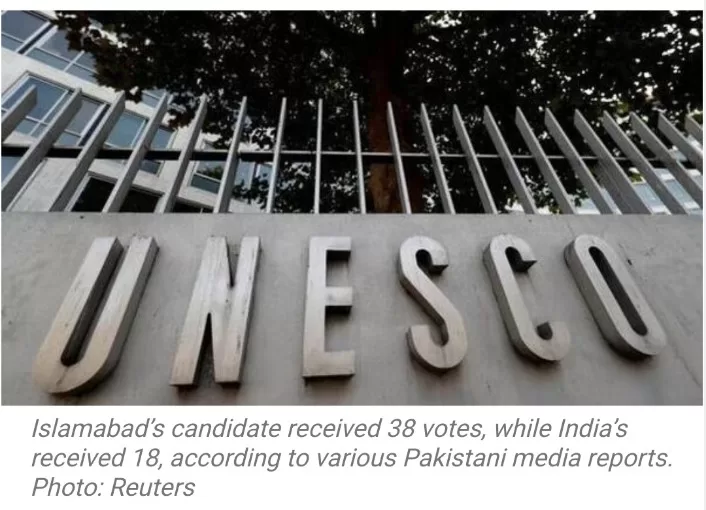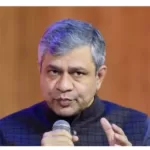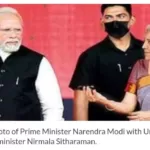In a recent election at the United Nations Educational, Scientific and Cultural Organization (UNESCO) executive board, Pakistan emerged victorious over India for the position of vice chair. The election results revealed that Islamabad’s candidate secured 38 votes, while India received 18 votes.
Pakistan’s foreign ministry expressed gratitude for the overwhelming support and trust from members. The elected Vice Chair is committed to cooperative multilateralism, aiming to work collaboratively to promote common objectives and defend shared values and UNESCO principles.
The defeat at UNESCO marks a setback for Indian diplomats, prompting a review by the Ministry of External Affairs and the Ministry of Human Resource Development. India’s representative at UNESCO, Vishal Sharma, faced questions regarding the rationale behind the country’s performance in the elections.
The UNESCO Executive Board, consisting of 58 member states with a four-year term, plays a crucial role in administering the organization and appointing its director-general. The newly elected Vice Chair will serve in a leadership capacity, exercising functions in the absence of the Chairperson during sessions.
India’s defeat in this election raises discussions about the implications and factors leading to the outcome. The Ministry of External Affairs and the Ministry of Human Resource Development are expected to analyze the defeat and its potential ramifications.
This development comes as Pakistan solidifies its position on the international stage, securing a key role within UNESCO. The Vice Chair position adds to the diplomatic landscape, and the elected candidate is poised to contribute to the collaborative efforts of the organization.







